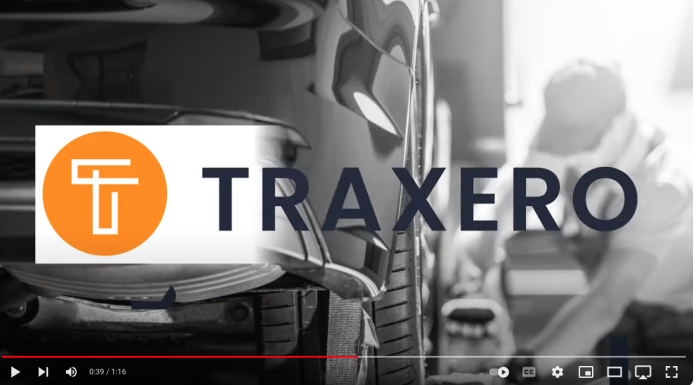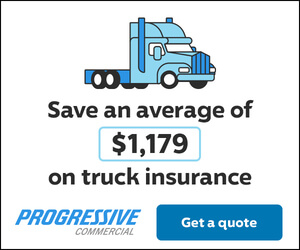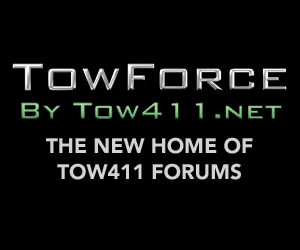By Laura Dolan
In the fast-paced world of the towing industry, where prompt and efficient service can mean the difference between minor inconvenience and disaster, some towing businesses are still finding themselves anchored to outdated practices.
Despite the technological strides made in the realm of towing software, many towing companies still rely heavily on pen and paper for their day-to-day operations. As many may be resistant to this change, the steadfast commitment to traditional methods comes with its own set of challenges and can prove to be detrimental for towing and roadside assistance businesses.
But there is a better way and we’re here to tell you how towing software helps you quickly and effectively manage your entire operation in a more organized and digital fashion. Say goodbye to gaps and inconsistencies in your reporting, longhand tasks, working longer hours due to paperwork, and piles and piles of boxes taking up space with old, outdated records. Here’s how going from pen and paper to digital software really makes a difference:
Effortless Digital Dispatching
One of the primary drawbacks of sticking to pen and paper in the towing industry is the impediment it poses to dispatch efficiency. Towing and roadside assistance demands swift response times, and relying on manual methods for receiving and dispatching jobs can lead to delays. Digital dispatching systems, equipped with GPS tracking and real-time communication features, offer a streamlined approach to managing service calls. With pen and paper, the risk of miscommunication, missed calls, and dispatch errors increases, potentially tarnishing the reputation of your towing business and compromising customer satisfaction.
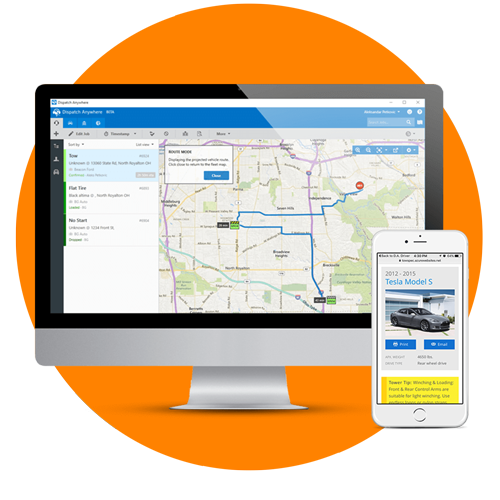
Better Relationships With Customers
Another critical aspect where pen and paper may be a drawback is in customer relationship management. Towing and roadside assistance businesses thrive on repeat customers and positive reviews. Digital dispatching enables the logging of customer information, service history, and preferences all in one place, empowering towing businesses to provide personalized and efficient service. Pen and paper, on the other hand, make it challenging to maintain organized records, leading to potential errors, misplaced information, and a lack of insight into customer needs and preferences.
Easier Billing And Invoicing
Billing and invoicing processes also suffer when towing businesses cling to antiquated methods. Manual invoicing is prone to errors, and the delay in generating invoices can negatively impact cash flow. Digital billing systems streamline the invoicing process, reducing the risk of delays and errors, and enabling businesses to send invoices promptly. This not only enhances professionalism but also contributes to better financial management, helping your towing business be more responsible, which helps to build trust among your customers.
More Efficient Record Keeping
Regulating accurate compliance and documentation requirements in the towing industry is imperative. Using pen and paper for record-keeping can result in misplaced or incomplete documentation, leading to legal and regulatory complications. Digital record-keeping systems not only ensure compliance but also facilitate quick and easy retrieval of necessary documents when needed.
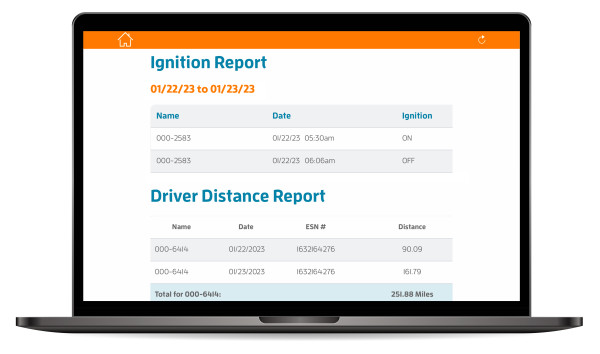
Come Experience The TRAXERO Difference
This is where we come in. We offer all of the above and more on our fully-integrated towing software that helps towers get a complete overview of every part of their business to increase efficiency and profits.
Our reliable support team responds quickly and is always here to help you get set up and answer any questions about how it all works. You never have to go it alone.
To learn more about how you can start using TRAXERO’s tools to start improving your towing business, visit traxero.com or call us at 1-800-428-4715.

